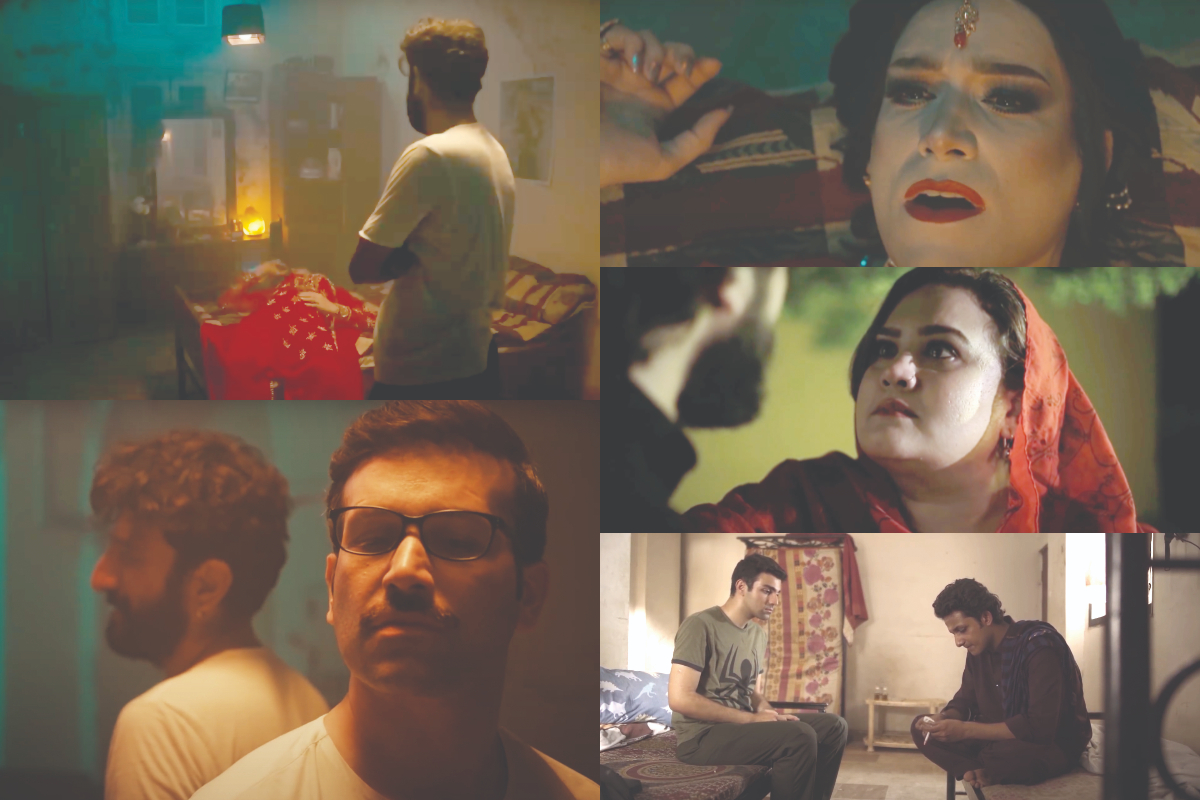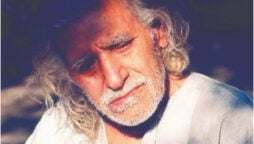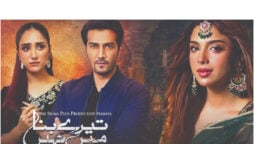
The lack of outrage over the representation of repressed or alternative sexual identities on Netflix may also have to something to do with its subtlety
Inclusivity is the new buzzword that has propelled Netflix to compensate for the history of repressive erasure witnessed by marginalised communities on mainstream television. A vast majority of the content on the streaming service gives priority to a fair and authentic representation of race and gender. In the spirit of course-correction, the sitcoms, films and drama series that are featured on this subscription-based OTT service have even forayed deeply into exploring themes pertaining to sexual identity.
If statistics are to serve as a gauge, Netflix enjoys an edge over its competitors owing to its consistent endeavours to depict sexuality in an inclusive manner. Netflix has featured 155 “regularly seen or recurring” LGBTQ characters on its comedy and drama series, says an annual study by GLAAD, a U.S.-based media monitoring organization.
These figures reflect the changing attitudes toward issues that were once considered risqué and unsuitable for public consumption.
In the past, and perhaps until very recently, stereotypical depictions of these subjects were the norm on television shows and in films. More often than not, such characters have been historically portrayed as either objects of ridicule and censure or sources of comic relief.
With the surge in Netflix series that spotlight these marginalised groups, a palpable shift in perspective has been observed in terms of the politics of representation. While viewers have rejoiced over the growing emphasis on marginality, sceptics have voiced their doubts about the seemingly forced depiction of diversity on the streaming service. Many have even gone to the extent of deeming it superficial and tokenistic. As per the claims made by the detractors of Netflix’s approach, the somewhat reductionist focus on a character’s sexual orientation obscures their other personality traits. Over time, the subject has inspired copious debates.
From a strictly Pakistani standpoint, such trends stand the danger of eliciting a moral panic. After all, Netflix has garnered considerable popularity over the years. A large number of people shell out almost Rs1,500 each month for a Netflix subscription. Others avail of the facility through friends who are generous enough to share their account credentials with them. Although Pakistani content is vastly underrepresented on Netflix, the OTT service has opened the portals to a diverse menu of sitcoms and drama series.
For many subscribers, the content on this platform is experimental and acts as a counter to the entertainment options that are available on TV. Audiences have become conscious of the constraints under which TV channels operate while churning out dramas. It is no secret that local TV dramas adhere to a specific formula and are, therefore, indistinguishable from each other. Amid the glut of TV dramas that propagate myopic worldviews, Netflix has emerged as an oasis in a dry desert — a much-needed alternative to the mainstream.
A casual observer might, however, find it unusual that viewers in Pakistan — a country that has an uneasy relationship with accepting diverse gender and sexual identities — would be comfortable watching Netflix’s inclusive content. The sheer absence of outrage can be attributed to the fact that most audiences view the sitcoms and dramas as creative outputs of a culture quite distinct from their own. Even if audiences have ideological disagreements with a sitcom such as Uncoupled, they will have the common sense to know that Neil Patrick Harris’ romantic escapades are being played out in New York, not Karachi.
It is this ability to situate the characters within their social context that keeps audiences glued to Netflix series, even if they dive deep into controversial terrain. Viewers remain cognisant of the fact that the realities depicted on their rectangular laptop screens are an escape from their mundane realities. Some of them might even perceive them as fantasy.
It is only when the content becomes too close for comfort that audiences are compelled to voice their objections and safeguard their culture from an unflattering portrayal. Even if they view Netflix as an oasis in a desert, a discomfited audience won’t hesitate to declare LGBTQ content on Netflix that hits close to home a mirage of sorts.
Be that as it may, the absence of outrage over the representation of sexuality on Netflix may also have something to do with its subtlety. Such themes don’t always assume centre-stage in Netflix series and there are often comfortable distractions embedded in the narrative that steer audiences in other directions. This is a clever technique that local filmmakers and TV producers have also adopted — albeit in a less tokenistic vein.
Years ago, a private television channel received flak from viewers for featuring an intimate scene between two men. Though the scene was blurred to protect the sensitivities of audiences, it was considered an unusually bold step, especially in a country where a similar scene between a man and woman can’t be aired.
Gone are the days when such overt attempts were made to highlight issues that are taboo. Filmmakers and TV producers appear to have mastered the art of discernment and have even gained plaudits for their tactful portrayal of these concerns related to sexual identity. For instance, the popular TV drama Parizad has been praised for its efforts to depict a character who has transitioned from female to male.
Independently produced short films have also abstained from the overtly sexualised portrayals. Aadat is the story of a teenaged boy who enlists the services of a male sex worker. At first, the concept may appear to be exceedingly risqué. Instead, Aadat comes through as a poignant comment on police brutality and the inability to find a suitable channel to give expression to our instinctual needs. This technique works to the film’s advantage as it links the plight of the young men to the universal theme of repression.
Manga is another short film that examines repressed desire. It is fascinating to note that the action takes place in a rural setting and the treatment of the subject is far more audacious. The film is part of a digital series titled AajKa Shorts and is accompanied with a short description on YouTube from its creators. “Under our digital series… we will be periodically releasing independent series of short films across several platforms that cover the multi-layered, multi-dimensional nature of our society,” it reads. “We bring you the darker, more disturbing social realities.”
A biting critique on patriarchal values, Manga points towards the secret life of a rural landlord. His family stands the risk of losing everything if the secret is revealed and, therefore, seeks to protect it from an unwanted disclosure. Though slightly preachy, the film relies heavily upon the occasional flashes of boldness to convey deep-rooted power dynamics and how they can breed exploitation.
A more sophisticated film that builds on a similar motif is Gulzar (The Bold and the Mysterious). A veritable tour de force, the film uses Urdu poetry and music to reveal how masculinity becomes a veneer that shields more potent, if not palatable, identities. Gulzar resists the temptation to overstep bounds, even though it is fuelled by the spirit of defiance.
Each of these films are available on YouTube and have been widely praised in the comments sections — a nod to the power of subtlety in depicting diverse and controversial matters through creative mediums.
Catch all the Bold News, Breaking News Event and Latest News Updates on The BOL News
Download The BOL News App to get the Daily News Update & Live News.












 Read the complete story text.
Read the complete story text. Listen to audio of the story.
Listen to audio of the story.